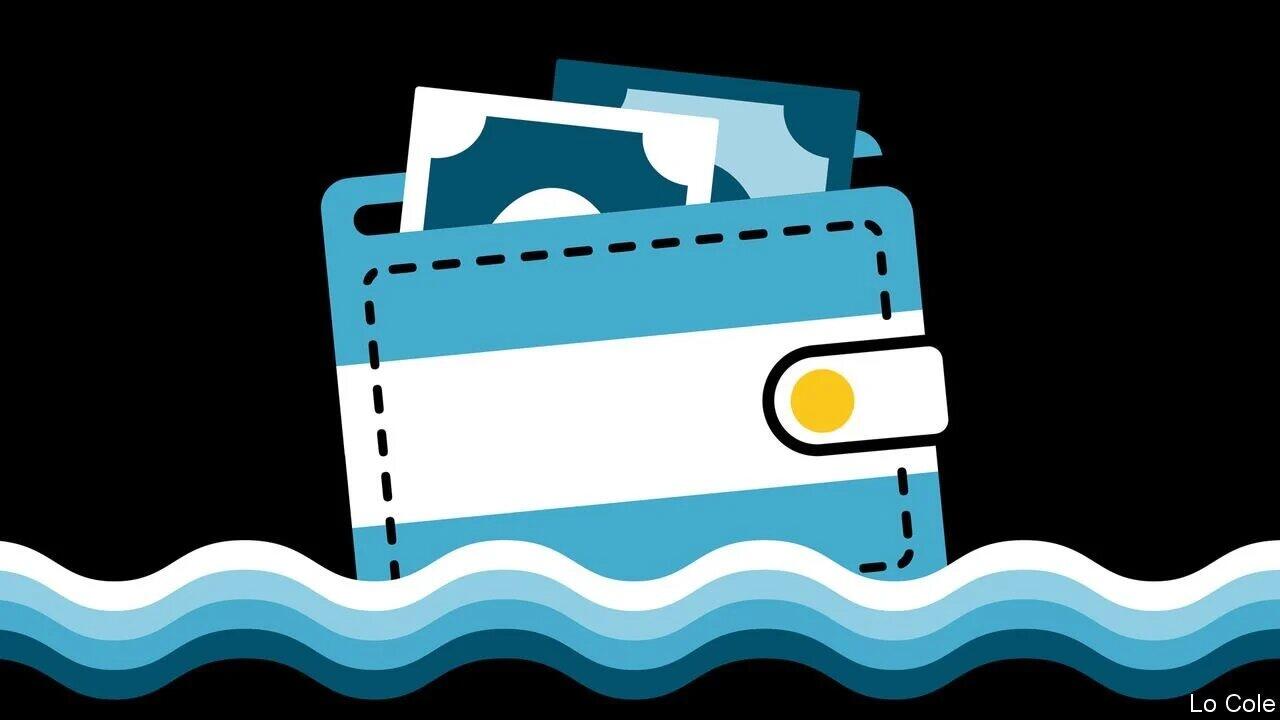
Argentina’s Peronists squabble over an agreement with the IMF
Eduardo Levy Yeyati, decano de la Escuela de Gobierno y director académico del CEPE, opinó sobre el acuerdo entre la Argentina y el FMI.

Lo Cole
The delta of the river Paraná, through which much of Argentina’s exports pass, is an aquatic labyrinth of cross-currents and channels that merge and then separate again. So it is with Peronism, the broad nationalist-populist movement that has governed the country for 25 of the 38 years since democracy was restored in 1983. Power, or its prospect, unites it. But in adversity its constituent currents often take different courses, as a row this week over a proposed agreement with the imf shows.
The government of President Alberto Fernández took two years to edge towards this deal, which would roll over $44.5bn borrowed from the fund by his centre-right predecessor, Mauricio Macri. The reluctance is partly ideological: Cristina Fernández de Kirchner, the vice-president and leader of Peronism’s leftist-populist wing, has made a political career out of blaming her country’s mainly self-inflicted problems on the imf and “neoliberalism”. It is also economic: in return for its money the fund wants Argentina to print less money, run smaller deficits and scrap its dual exchange rate. That involves short-term belt-tightening for medium-term gain in a country whose economy is not fully recovered from the pandemic and where four in ten live in poverty.
The outline agreement announced on January 28th is less exacting than the fund normally requires. Mr Fernández boasted that it doesn’t oblige Argentina to carry out pension or labour reforms and will allow an increase in public investment. It is an agreement “without austerity policies”, claimed Martín Guzmán, the economy minister. The imf’s board still has to approve the detail. But the plan was swiftly rejected by the Kirchneristas. On January 31st Máximo Kirchner, the vice-president’s son, resigned as the leader of the Peronist caucus in the lower house of Congress. He said he “didn’t share the strategy used and still less the results obtained” from the fund.
Mr Kirchner is right that the agreement is tougher than the government suggests. It requires a cut in the fiscal deficit to 2.5% of gdp this year, from 3% last, and then to 1.9% in 2023. The problem for Mr Fernández is that last year’s number was flattered by one-off items, including a now-lapsed wealth tax and a temporary spike in the prices of Argentina’s farm commodities and thus in export taxes. Without changes, this year’s deficit would be perhaps 4.5% of gdp. So the government must trim around two points of gdp from its spending, probably by reducing subsidies for electricity and gas and letting inflation (at 51%) erode the value of pensions.
The deal also requires the Central Bank’s money-printing (to cover the deficit) to fall from 3.7% of gdp last year to just 1% this year, and for its international reserves to rise by $5bn. The government hopes the deal will allow it to scrape up some more international money.
The imf knows that Mr Fernández’s government is weak and faces an election next year. The fund has accepted that it made mistakes with Mr Macri’s loan. imf staff have long argued that a sub-standard deal is better than a default. “I think the imf sees this as a bridge to a new government that has the ability to do the reforms that Argentina needs to put its accounts in order and for growth,” says Eduardo Levy Yeyati, an economist. For Argentina, too, a low-level deal is preferable to none. Default would pile pressure on the peso and mean more inflation and less growth. But any formal agreement has to be approved by Congress under a law adopted last year. The Kirchneristas seem set on voting against. The government must either depend on the opposition or sidestep the vote with an emergency decree.
The underlying problem is that the Peronist penchant for protectionism and inflation-financed subsidies has left Argentina with low growth and a chronic shortage of foreign exchange. Mr Fernández’s team talks of growth, but blocks it with punitive regulation and taxation. “This is a government that is a machine for destroying any business opportunities,” says Federico Sturzenegger, a former Central Bank chief. Argentina has plenty of entrepreneurs but many take their businesses elsewhere.
Even if Mr Fernández gets his deal, the country will merely idle. Kirchnerism has only rhetoric to offer Argentines. The next election looks to be the opposition’s to lose. But steering the economy into a high-speed channel requires the nation to face some hard truths. Drought last year left the Paraná dangerously shallow. Peronism seems to be in the same state.
Link: https://www.economist.com/the-americas/2022/02/05/argentinas-peronists-squabble-over-an-agreement-with-the-imf
